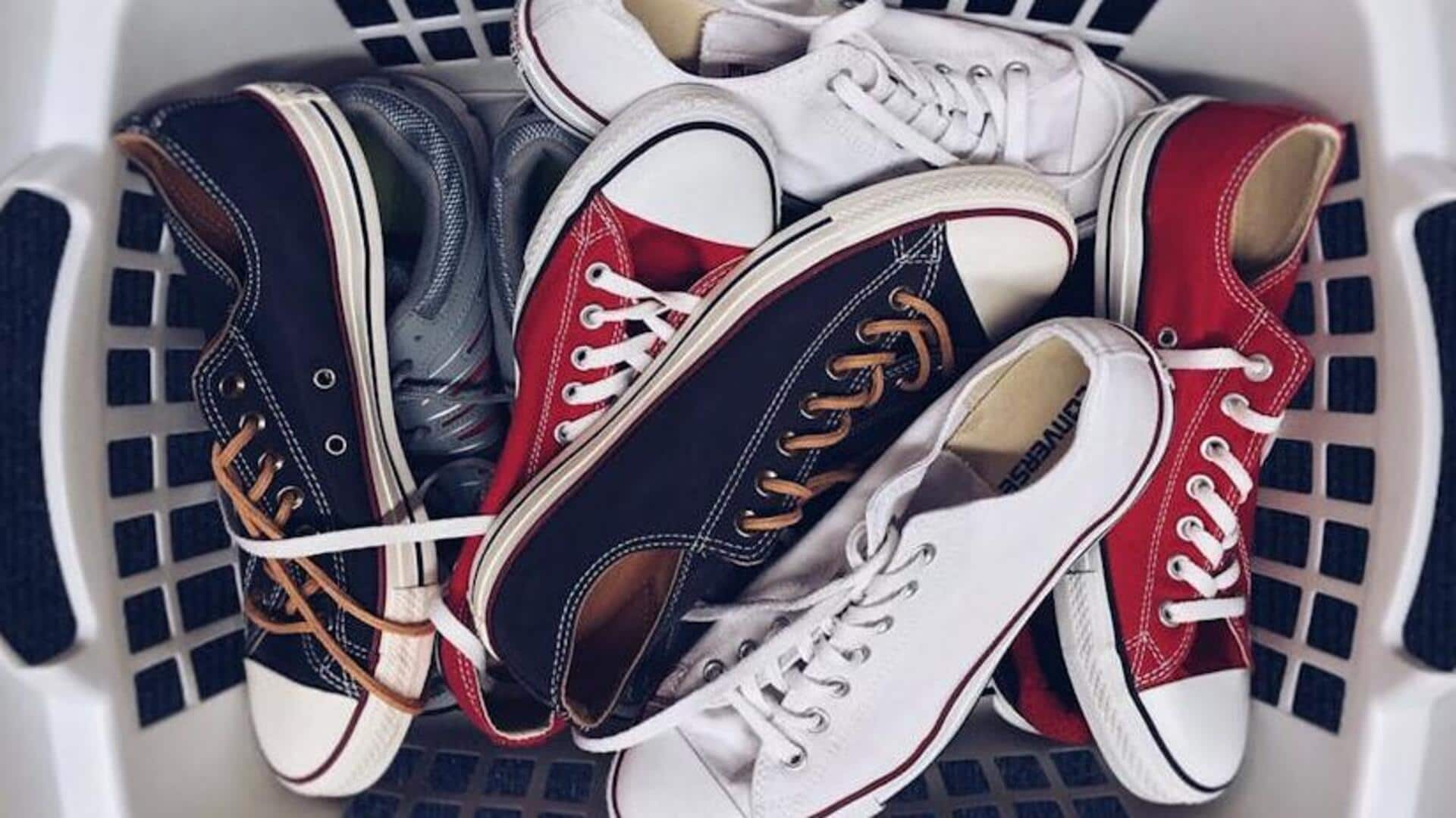
Sustainable sneaker culture: A step forward
What's the story
The sneaker industry is advancing its sustainability, responding to environmental concerns and the demand for eco-conscious footwear. This shift toward sustainable practices is not just a trend but a necessary evolution in how sneakers are designed, produced, and consumed. This article explores the background of sustainable sneaker culture, key concepts behind it, and provides practical advice for making eco-friendly footwear choices.
Background
The rise of eco-conscious footwear
Traditionally, sneaker production has been notably resource-intensive, involving materials and processes that are significantly harmful to the environment. However, the last decade has witnessed a pivotal shift. Brands have started to explore and adopt renewable materials along with energy-efficient manufacturing methods more actively. This change is primarily driven by heightened consumer awareness and an urgent need to significantly reduce the fashion industry's carbon footprint.
Key concept
Understanding sustainable sneakers
Sustainable sneakers are characterized by their reduced environmental footprint. These eco-friendly shoes are crafted using renewable or recycled materials, including organic cotton, natural rubber, and recycled plastics. Their manufacturing processes are designed to minimize water use and carbon emissions significantly. Furthermore, these sneakers feature transparent supply chains that guarantee ethical labor practices, ensuring a more sustainable and responsible approach to fashion.
Practical advice 1
How to choose eco-friendly sneakers
When selecting sustainable sneakers, prioritize those with certifications like the Global Organic Textile Standard (GOTS) or Fair Trade. These certifications are proof that the footwear adheres to stringent environmental and social standards during production. To further ensure a brand's commitment to sustainability, it's advisable to visit their websites for detailed information or seek out independent reviews that assess their sustainability claims comprehensively.
Practical advice 2
Embracing second-hand sneaker culture
Embracing second-hand sneaker culture is a powerful method to enhance sustainability. Opting for pre-loved sneakers not only prolongs their life cycle but also diminishes the demand for new productions, contributing to environmental preservation. Platforms such as online marketplaces and local thrift stores serve as excellent venues to discover gently used eco-conscious footwear, offering a variety of options for the eco-aware consumer.
Practical advice 3
Supporting brands that give back
Supporting brands that prioritize sustainability beyond their products can increase your consumer impact. Many participate in recycling programs or donate profits to environmental causes. Choosing these brands aids in funding initiatives to preserve our planet. Adopting sustainable sneaker culture means selecting eco-friendly materials, backing ethical practices, and opting for secondhand options, moving towards a more sustainable fashion future.